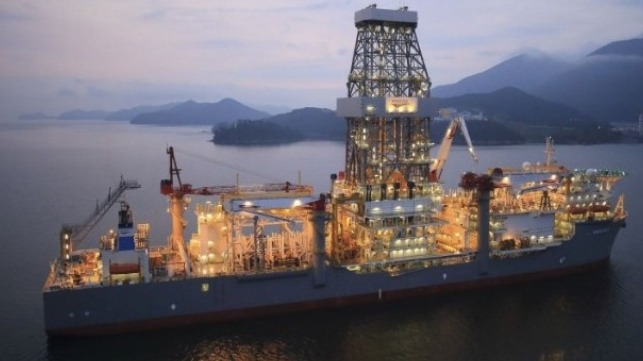Rystad: Offshore Drilling Activity is Poised for a Rebound

After a difficult dry spell, the offshore oil industry appears poised to recover to pre-pandemic levels of drilling activity within this year, according to research consultancy Rystad Energy.
With economic activity expected to rebound as COVID-19 vaccination programs take hold, demand for transport (and oil) will expand, Rystad predicted. The firm estimates that this will lead to a 12 percent increase in onshore drilling activity this year, followed by another 19 percent next year.
But onshore E&P won't be the only beneficiary: Rystad predicts 10 percent annual growith in the number of offshore wells drilled in 2021 and 2022. This would translate to a full recovery, with 2,500 wells drilled in 2021 - the same as in 2019 - and relatively robust growth in 2022, reaching 2,700 wells.
“In contrast to previous years, when the North American shale sector led production growth, we expect the onshore and offshore shelf in the Middle East and the deepwater market in South America to be the main drivers of growth going forward," said Daniel Holmedal, an energy research analyst at Rystad. "To recover production levels, operators will have to launch new drilling plans in tandem with maintenance and enhancement programs for existing wells, opening significant opportunities for well service suppliers in the years ahead."
The deepwater market in Europe is expected to lag going forward, despite a strong year of activity in 2020. Most of the deepwater growth will be in North and South America, according to Rystad - especially in Brazil, Guyana and Mexico.

that matters most
Get the latest maritime news delivered to your inbox daily.
Offshore rigs and contractors could also see more well maintenance work in West Africa and the Middle East. The two regions have total of around 10,000 active wells, and the average well age is over 15 years - higher than the average for active wells elsewhere
The news will be welcome in the offshore energy sector, which has been plagued by stagnant demand and low day rates for many years. Top rig operators Valaris, Seadrill, Transocean and Pacific Drilling have all entered Chapter 11 bankruptcy in order to shed debts which have become unsustainable in the current market environment.
